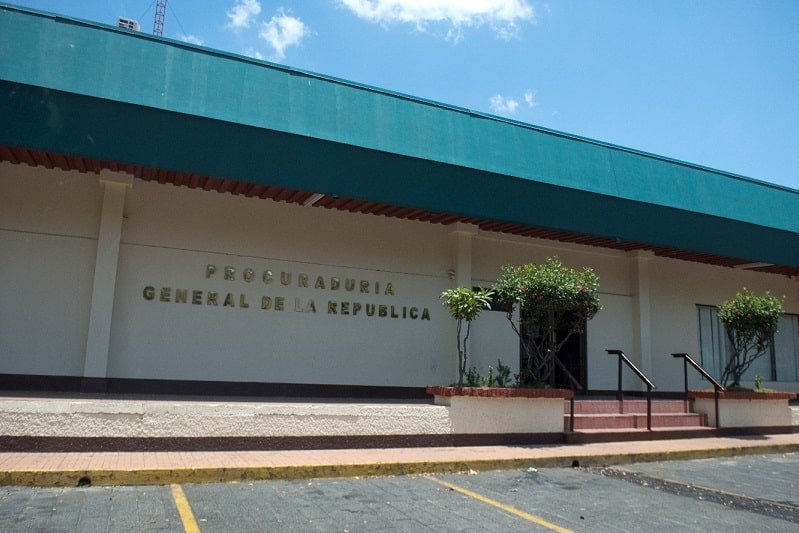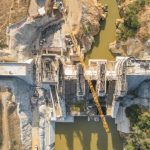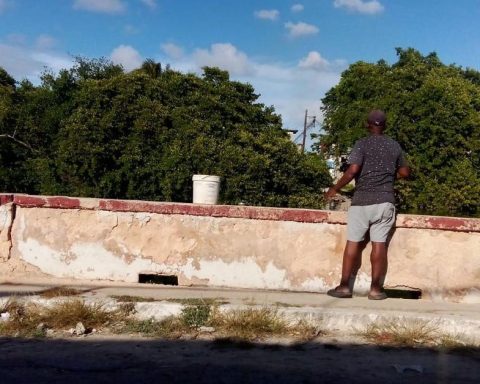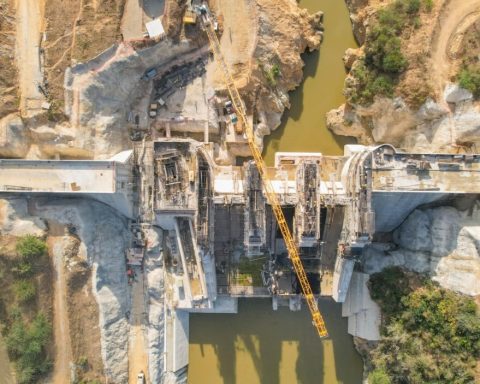The Attorney General of the Republic (PGR) has not informed the directives of the 19 private sector entities outlawedwhat will be the procedure to follow so that, at the end of its dissolution, their goods and properties pass into the hands of the State of Nicaragua, as well as if they will be able to dispose of their bank accounts to liquidate the personnel who worked for them.
Four sources associated with the canceled cameras told CONFIDENTIAL that, from what they understand, the Attorney General’s Office still does not know how to proceed to confiscate their assets, which includes the money they have in the banks.
On Monday, March 6, the Minister of the Interior, María Amelia Coronel Kinloch, published in the Gazette Official Gazette, ministerial agreements number 26-2023 OFSL and 27-2023 OFSL, in which canceled the legal status of the Superior Council of Private Enterprise (Cosep), and 18 of its chambers.
As a result about 300 people went into immediate unemploymentwhich includes drivers, receptionists, accountants, janitors, administrators, analysts and technicians, who still do not know if they will be paid their legal settlements, because managers do not have access to the funds deposited by banks.
Five days later, those same directors do not know what will happen to the properties that the chambers had acquired, which includes buildings and land; vehicles; furniture and office equipment.
Not even the attorney knows
The manager of one of the affected cameras explained that it is a “very slow” process. “For example, in our case we have not been contacted by the State at all, but we are clear that, legally, the legal status is cancelled, that we have to enter into a liquidation process, and hand over the assets to the State,” he acknowledged.
A review of the text of Law 1115 and its amendments and additions included in Law 1127shows him that Nicaraguan legislation says nothing about it, so the only thing they know is that the properties have to be handed over to the Attorney General’s Office, for which reason representatives of this chamber formally asked the PGR to indicate the procedure to follow, and the answer was that they are preparing it to make it known to all the affected cameras.
“At this time of Friday afternoon, we have not received anything. We are waiting for the State to show up to give them everything in order, but they have not shown up, nor have they made any requirements. We are waiting for them to tell us the procedure, to follow it, ”he reiterated.
The board of directors of another chamber said that they have not been told anything about what they should do. “We went to the Interior, and they sent us to the Attorney General’s Office, where they told us to send a letter asking how we should proceed, because we have no idea what we have to do, but they have not responded to us.”
A trusted employee from another of the chambers narrated that the Attorney General’s Office has not indicated to the managers how the transfer of assets and the management of bank accounts will be carried out. The only response they got was: “Wait for them to call you”, although unofficially, it is known that “not even the PGR has at this time, a procedure to adjudicate the assets.”
A former director of another of the chambers commented that, “for the moment, what they have said is that they are going to appoint a solicitor and notify them about the process to follow. That is all we know”.
Workers are still in captivity
While the Attorney General’s Office defines a mechanism to confiscate the assets, the workers are waiting for their employers to have the money they have in the banks to pay their outstanding salaries, as well as the seniority, vacations and bonuses proportional to the one they have right by law.
The employee, quoted earlier, said that “managers still do not have access to bank accounts, so they cannot liquidate us. They have not been able to get a penny”.
When asked about it, the manager indicated that “the banks informed the unions that the accounts were closed, but I think that the availability of money depends on the policy of each bank. We hope to be able to dispose of our funds”, to meet the requirement that “entering the liquidation process means that you have to pay your bills”.
Although the chamber that he managed did not have many staff, he acknowledges that they have not been able to pay them their legal benefits, precisely because they cannot access their funds.
“Yeah managers are in anxiety and with great concernthe staff is in uncertainty, which also affects their families, not only because of work, but because there is fear that a possible retaliation against the unionized businessmen will affect them, and that they will also become victims of any kind of abuse on the part of the State,” he said.
Finally, the board of directors said that the chamber in which she was organized also has frozen accounts, although she trusts that they will find a way to pay the labor liabilities of their employees, since “although we did not have a lot of money, nor assets We also didn’t have a lot of staff, and almost all of them were new, so they’re not owed much.”

















